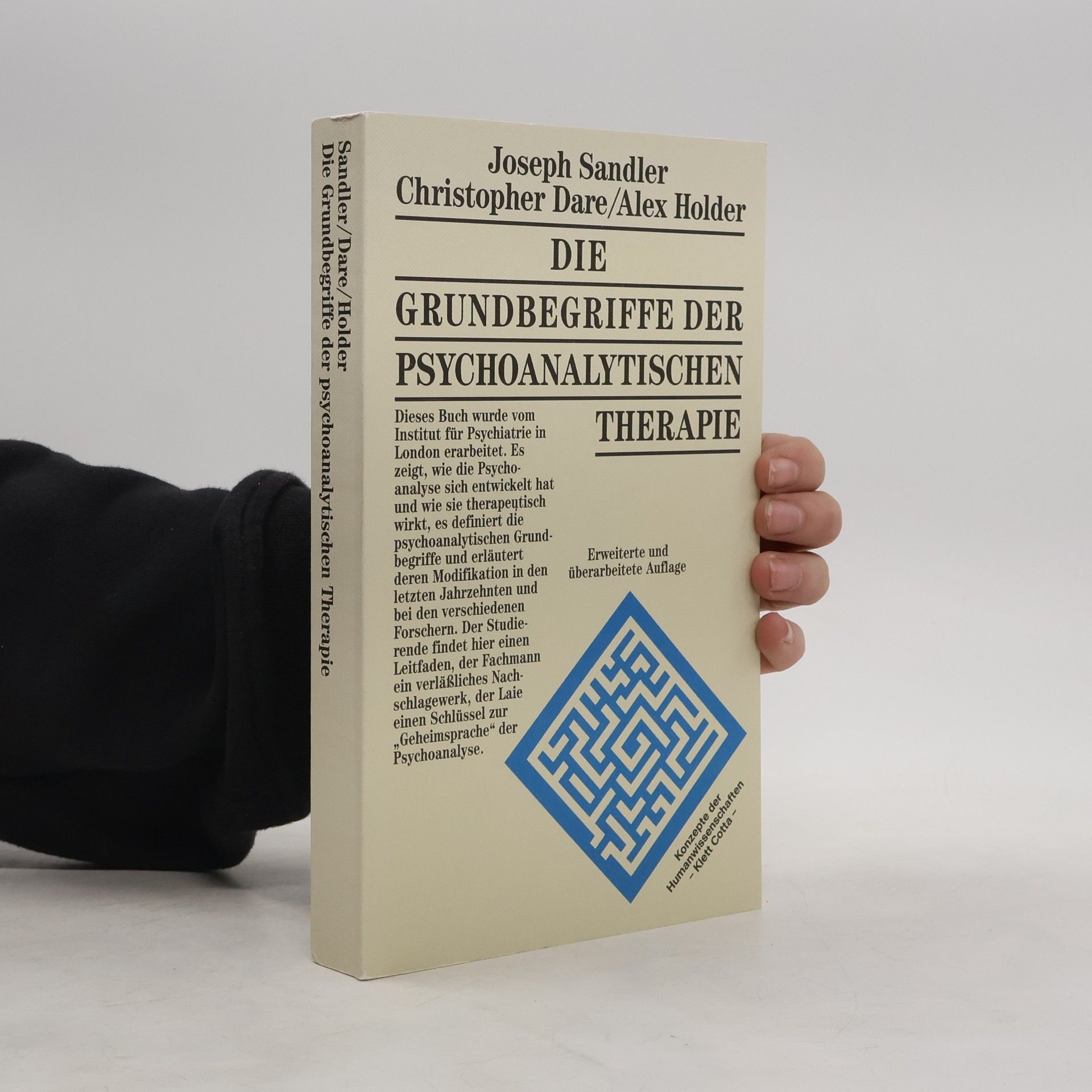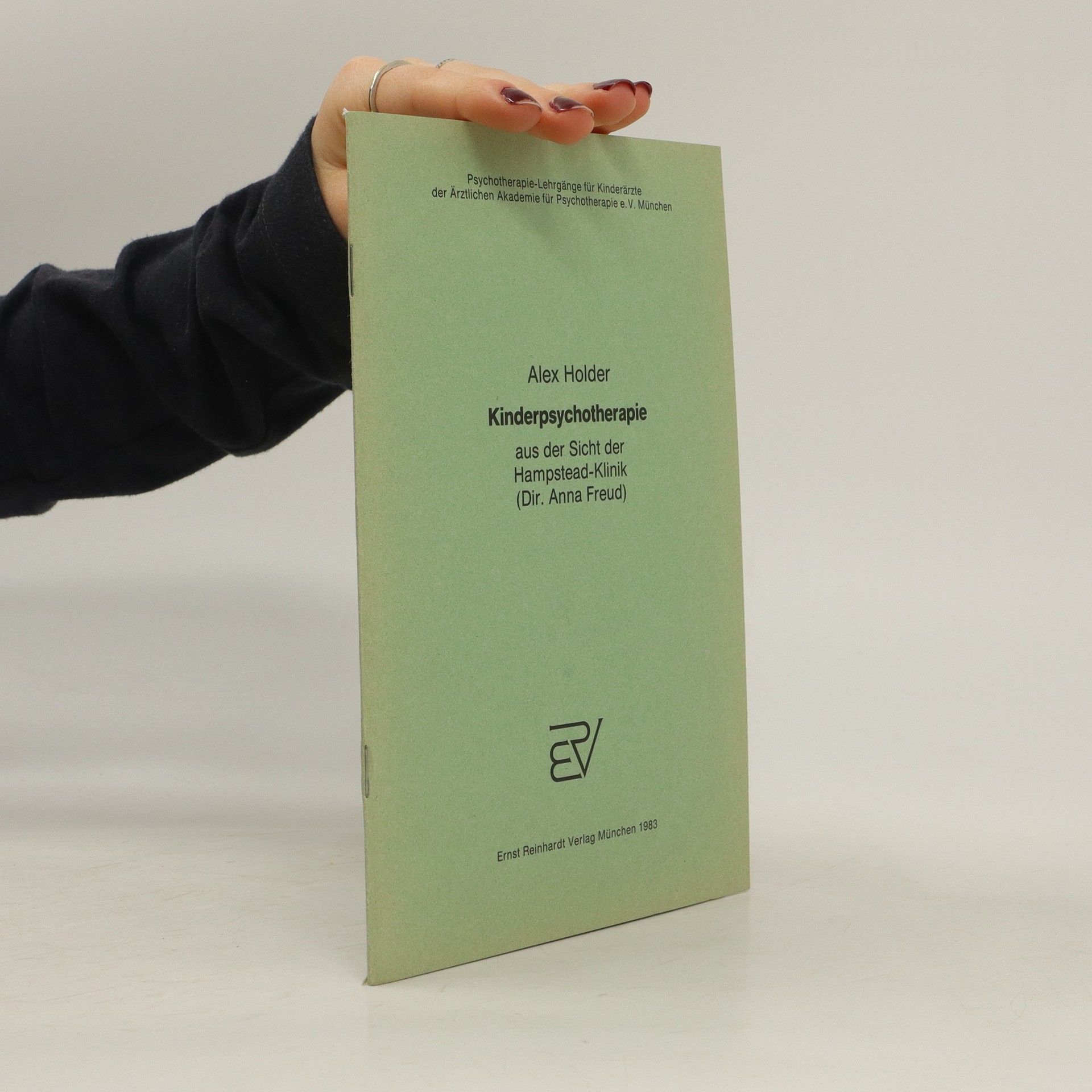Open Up
- 288pages
- 11 heures de lecture
This joyful manifesto takes the silence and shame out of money, and puts you in control of the conversation and your bank balance.






This joyful manifesto takes the silence and shame out of money, and puts you in control of the conversation and your bank balance.
'Empowering, educational and very entertaining' - ElleFrom friendships, to ambitions, to mental health, money plays a huge role in our lives and relationships, yet we're often too polite or embarrassed to talk about it. But in an age of pay-gap expos�s and growing inequality, we need to talk about money more than ever.Open Up is an outspoken, warm and timely book that destigmatises the way we talk, think and feel about money. It's full of conversations about money in everyday life - how we earn it, how we spend it and how it affects us. Whether learning from friends, being transparent with partners, finding community with colleagues or recognising what you're worth, talking about money means letting go of shame, and creating a healthy relationship with your finances. Full of sympathetic, practical advice on everything from mindful spending to the freelance jump and how to challenge the status quo, this is a book that strips away the awkwardness, to help you find the power and solidarity of talking about money.
The central theme of this book is concerned with the controversies on technique between Anna Freud and Melanie Klein in the 1920s and 1930s, and with a clear differentiation between child analysis proper and analytical child psychotherapy. Alex Holder takes into account the historic background in which child psychoanalysis developed, especially World War II and the Nazi regime in Germany. The author also looks at the way child psychoanalysis developed in specific institutions, such as the Hampstead Child Therapy Course in London, and in specific areas, such as the spread of child analysis in the US. The concluding chapter is on the importance of knowledge of child analysis among psychoanalysts working with adults. The differences in the theories of the two "greats" in child analysis, Anna Freud and Melanie Klein, are examined one by one, including such concepts as the role of transference, the Oedipus complex and the superego.
Mit Fokus auf den zwei hervorragendsten Vertreterinnen der Kinderanalyse - Anna Freud und Melanie Klein - werden die Anfänge in Wien und Berlin und die Entwicklungen wie auch die Ausbreitung der Psychoanalyse bei Kindern und Jugendlichen in Europa, Nordamerika und Lateinamerika nachgezeichnet. Ein Schwerpunkt des Buches ist die kritische Auseinandersetzung mit den Kontroversen zwischen Anna Freud und Melanie Klein über die Technik der Kinderanalyse. Eine analytische Fallstudie eines Mädchens im Latenzalter erläutert die Technik. Eigene Kapitel sind der Psychoanalyse von Jugendlichen, der Entwicklung der analytischen Kinder- und Jugendlichenpsychotherapie in Deutschland nach dem Zweiten Weltkrieg und der Bedeutung der Kinder- und Jugendlichenanalyse für Psychoanalytiker und Psychotherapeuten Erwachsener gewidmet.
Erweiterte und überarbeitete Auflage
Dieses Lehrbuch orientiert sich an den gesetzlich verankerten Lernzielen und setzt die systematische Einführung der Reihe fort. Von der Psychoanalyse, über tiefenpsychologisch fundierte Psychotherapie (tfPt) bis hin zu Entspannungsverfahren und Hypnose geben erfahrene Psychoanalytiker einen didaktischen Einblick in ihre Praxis. Sie führen den Leser zu den Anfängen der Psychoanalyse, erläutern die Grundbegriff e der Behandlung und zeigen die Unterschiede zwischen den modernen psychoanalytischen Behandlungssystemen. Dabei umreißen sie komplexe Probleme aus ihrer forschungsorientierten Praxis und legen ihre Methodik offen. Qualitätssicherung durch Dokumentation, Forschung und Evaluation.